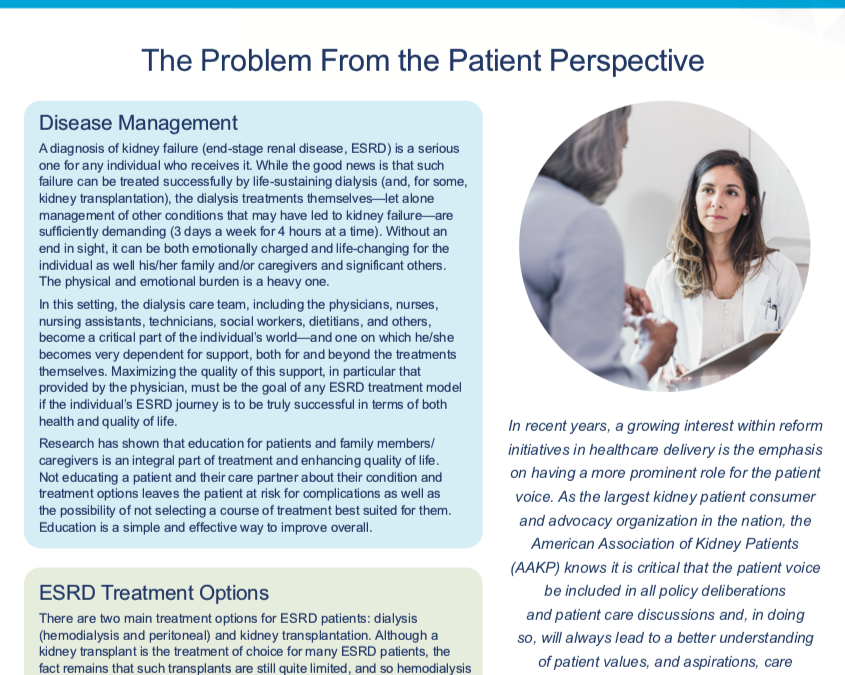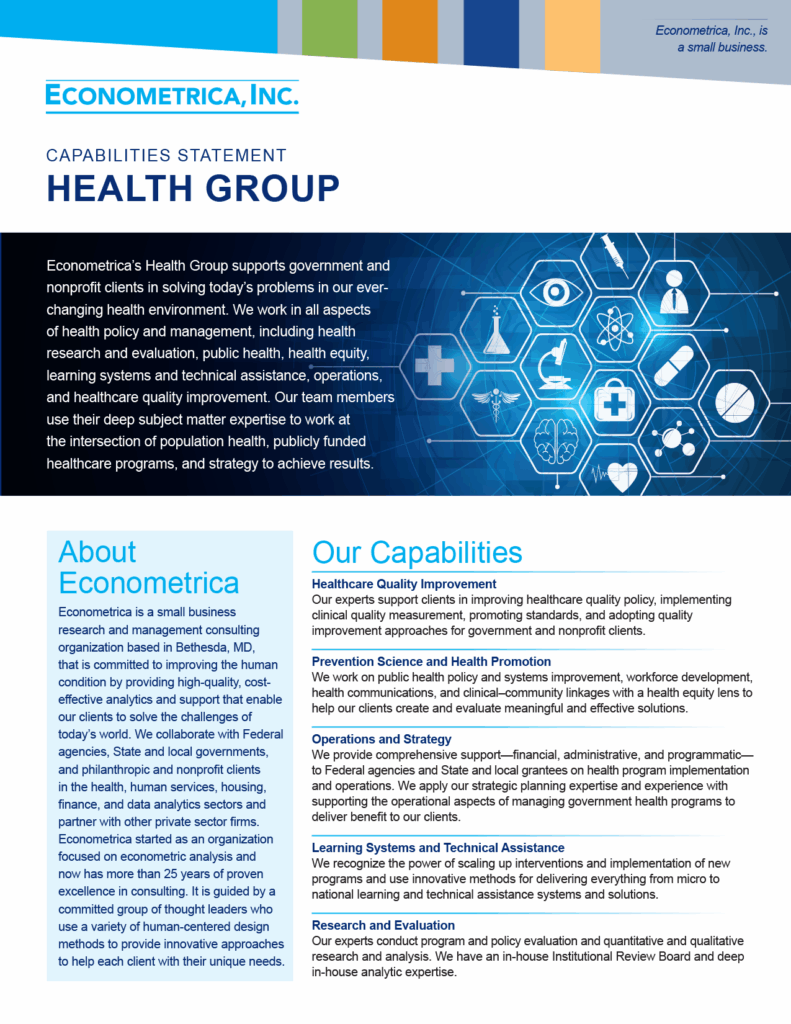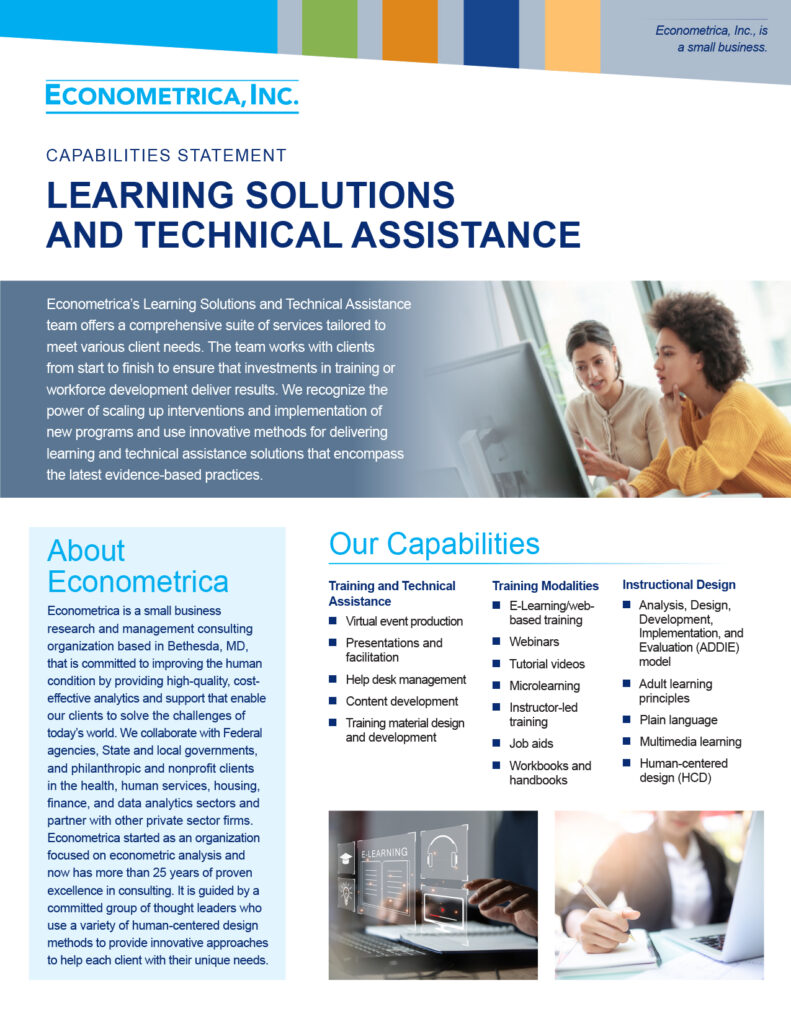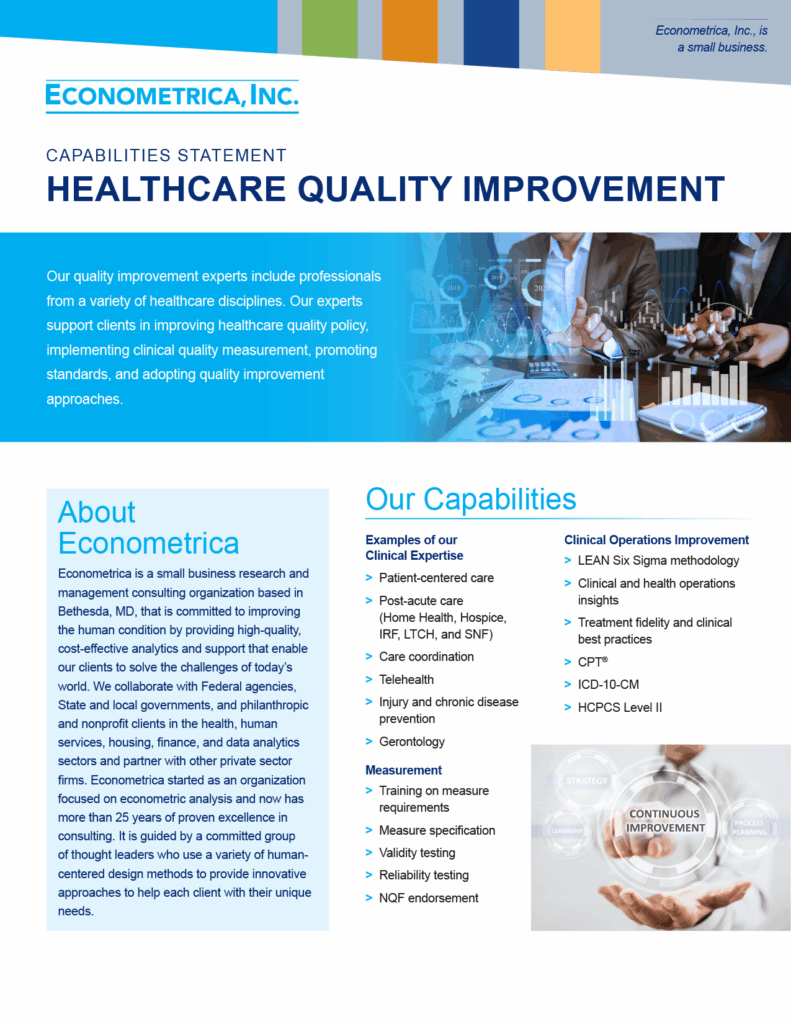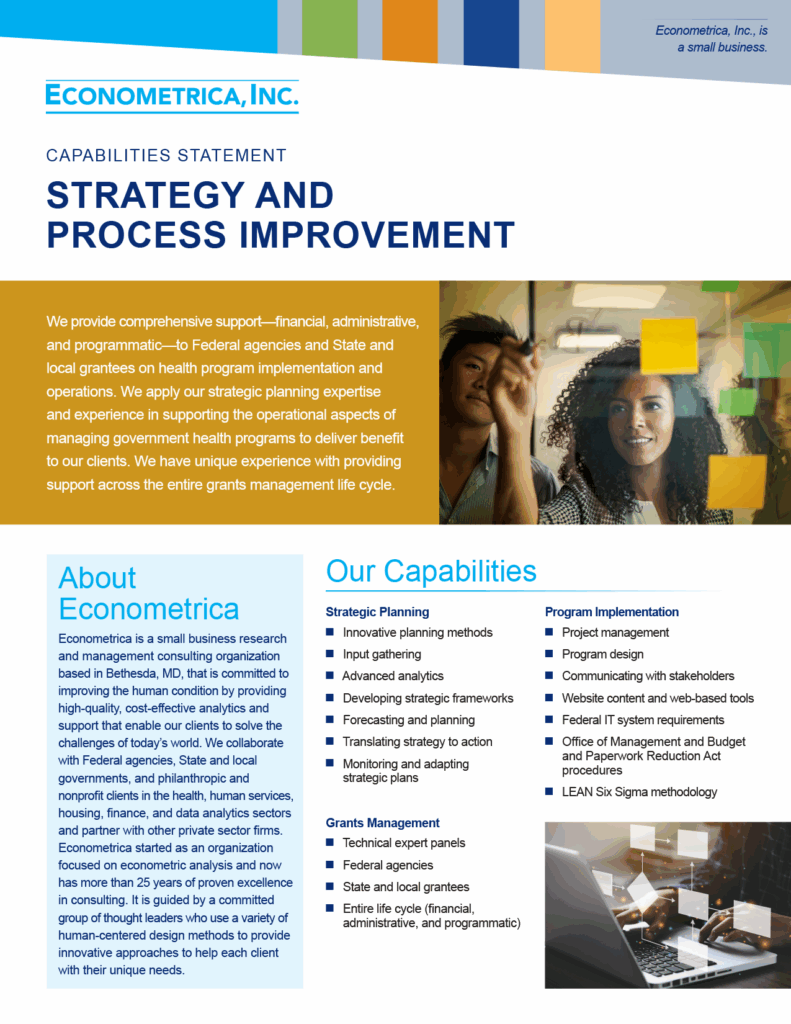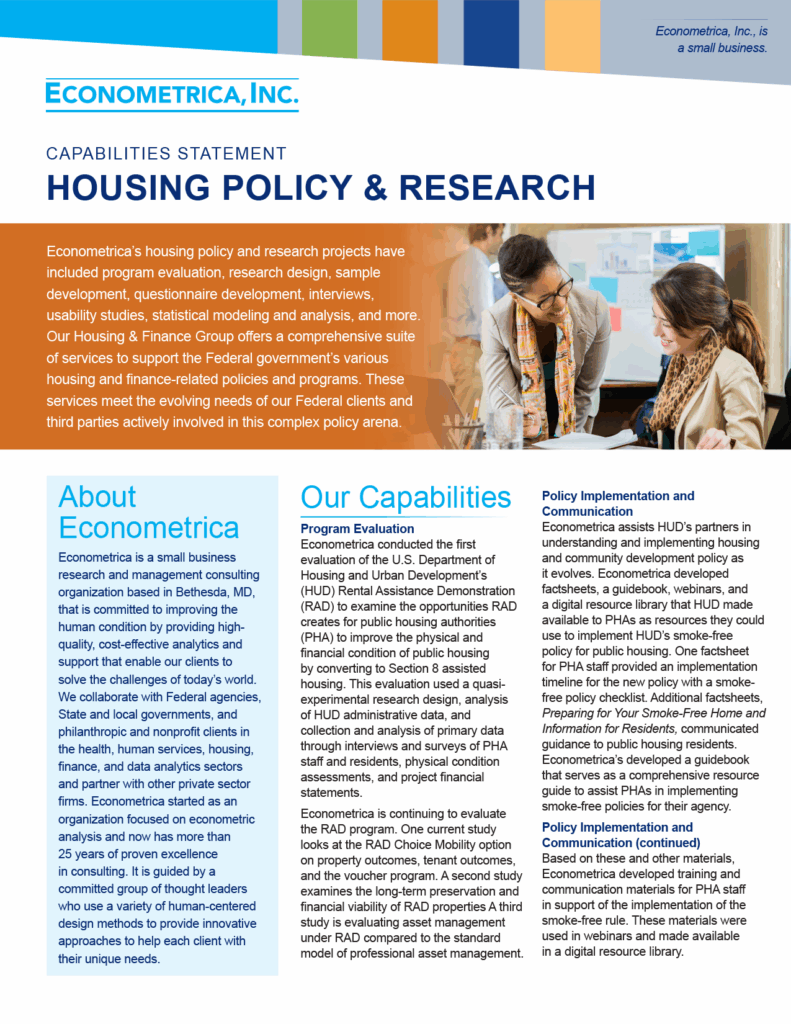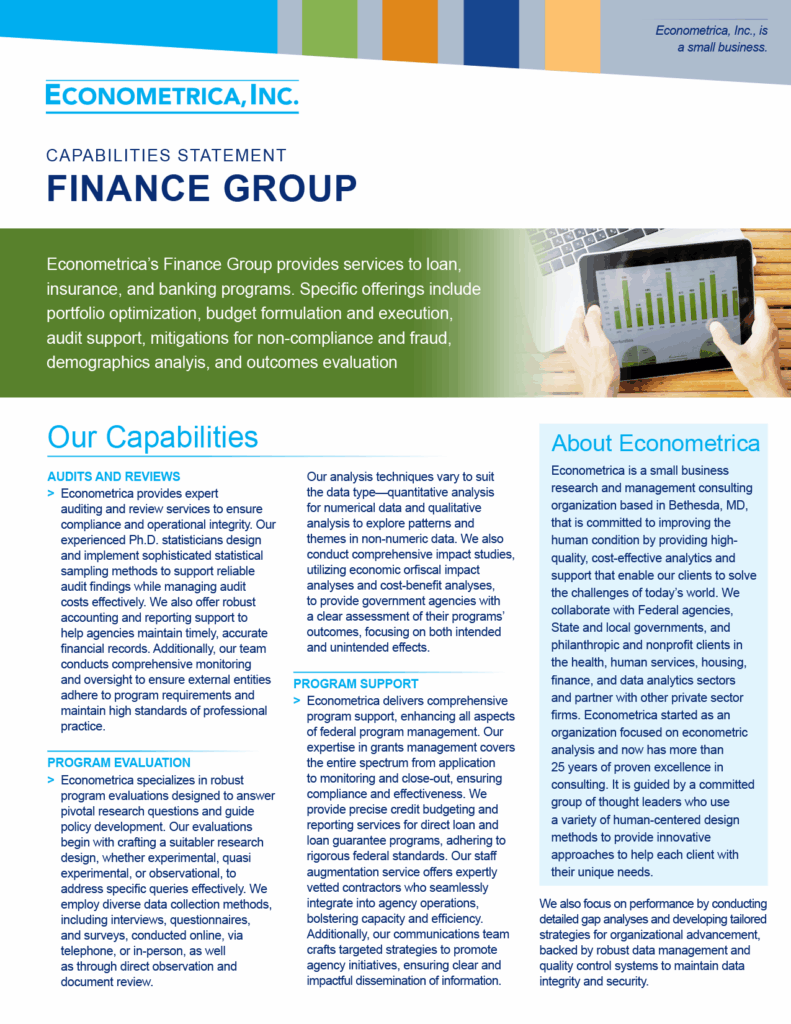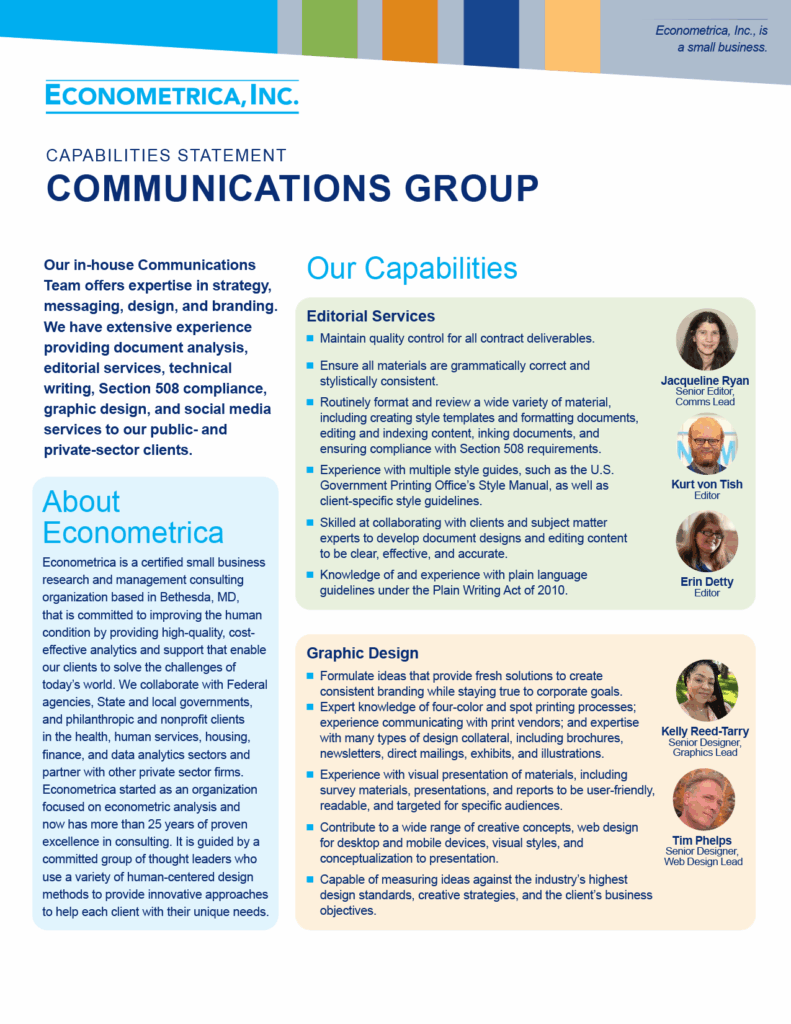CMS’ New Case Study Showcases Successful Community Advisory Board Collaboration
The Centers for Medicare & Medicaid Services (CMS) released a case study highlighting Health Net of West Michigan, an organization participating in CMS’ Accountable Health Communities (AHC) Model. The AHC Model seeks to identify if healthcare costs and utilization can be impacted by the identification and subsequent mitigation of Medicare and Medicaid beneficiaries’ health-specific social needs. One part of Health Net’s approach to this identification is through its advisory board, which consists of community partners across multiple sectors and “focuses on addressing social determinants of health at the community and systems levels.”
The inclusion of community members on an advisory board can sometimes prove a struggle. As advisory boards do not have formal authority to direct change, participants can feel disheartened and superfluous to the process. Health Net seeks to engage its community advisory board members by putting them first: From letting the advisory board select their own role titles (“community advisor” was ultimately chosen) to helping advisors develop their professional skills and find opportunities that utilize their lived experiences, Health Net recognizes that by gaining their advisors’ trust and proving their commitment to the community, they will foster goodwill and find advisors with legitimate interest in bettering the community. The case study includes a quote from a community advisor, showcasing how Health Net’s approach to the community has resulted in engaged advisors who understand their role on the board and responsibility to their neighbors:
Health Net’s advisory board has proven beneficial for both the organization and the community at large. The community advisors bring their lived experiences to the table, ensuring that staff members recognize the humanity of those affected by the policies and challenges identified. Community advisors also ensure that Health Net’s actions are aligned with the needs and desires of the community at large, and can offer suggestions and ideas on how to “make [programs] more culturally sensitive and user friendly,” which further aids Health Net in fostering goodwill within the community.
“It’s important to me to decrease disparities about who gets help and who doesn’t […] I give them the idea of what it’s like to be a client out here… They always listen to what I have to say and support whatever I mentioned.”
—Community Advisor
The CMS case study in full can be accessed at:
Work With Us, Work for Us
Econometrica, Inc., is a small business research and management consulting organization based in the greater Washington, DC, metropolitan area. We are committed to improving the human condition by providing high-quality, cost-effective analytics and support that enable our clients to solve the challenges of today’s world. We collaborate with Federal agencies, State and local governments, philanthropic and nonprofit clients, and private-sector partners in the public health, healthcare, data analytics, housing, and finance sectors.
To work with us on your next project, visit us online or email us at Info@EconometricaInc.com. To explore the benefits of working for us, visit our careers page. Follow us on LinkedIn, X, Facebook, and Instagram.
Health Net’s advisory board has proven beneficial for both the organization and the community at large. The community advisors bring their lived experiences to the table, ensuring that staff members recognize the humanity of those affected by the policies and challenges identified.

